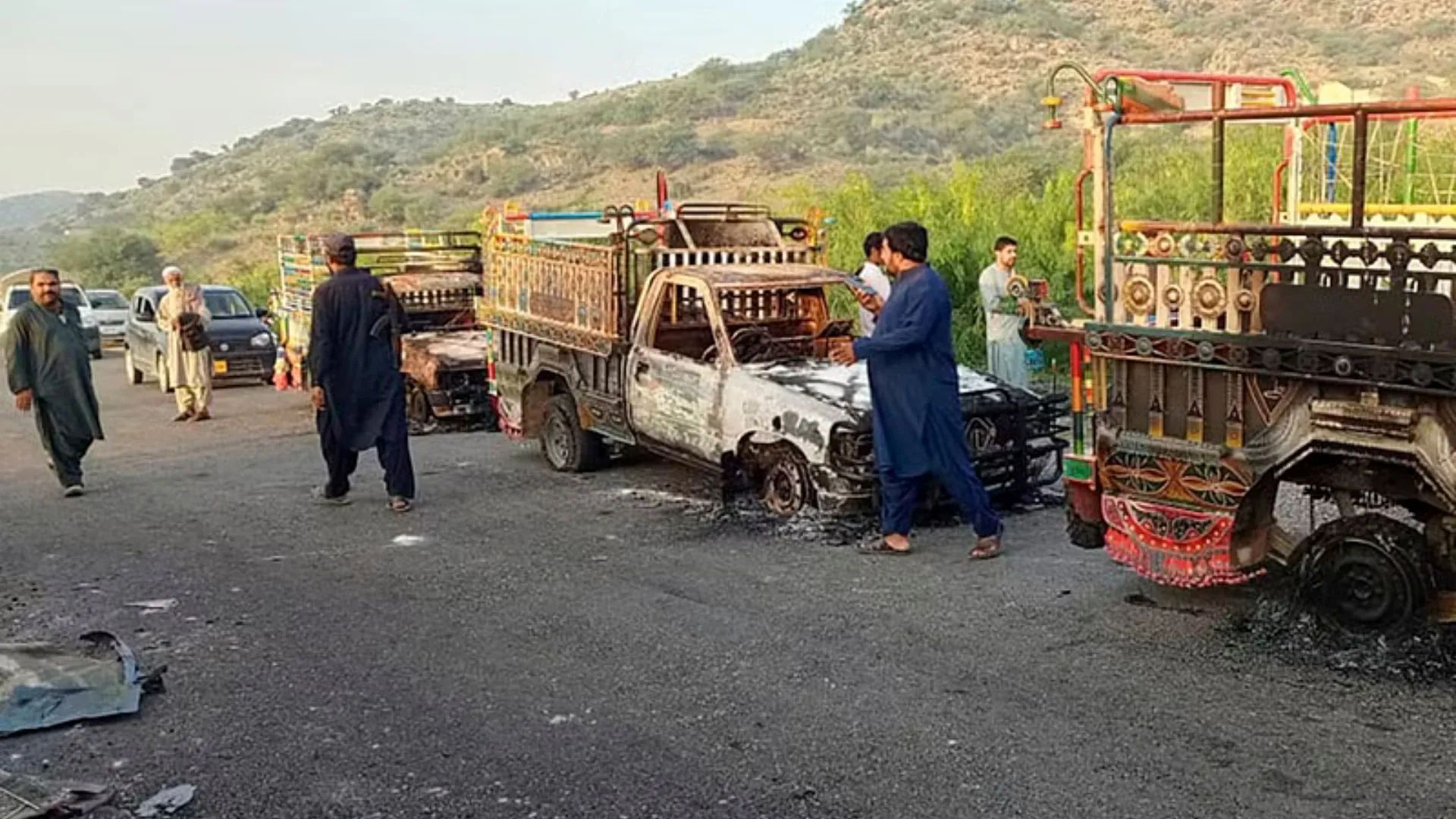
Extreme weather events, such as flash floods and air pollution, have become global issues, impacting economies, health, and lives. In the field of education, teachers are no longer merely knowledge purveyors; they are transforming into dynamic mentors who guide their students towards the conservation of nature and exploring sustainable environmental solutions. This new role of “teacher-coaches” is to provide students with a unique sense of responsibility and empower them with opportunities to visualize and address real-world environmental challenges.
Role of teachers as environment educators to students
The global environmental crisis is a significant issue due to factors such as urbanization, agricultural shrinkage, diversification, technological development, and vanishing forests. This has led to poisonous air, contaminated water and even depletion in the ozone layer. To combat this, various initiatives have been taken up at different levels and the introduction of environmental education in schools is one of the most effective strategies to prepare environment warriors in their formative years.
The success of environmental education depends on the availability of environmentally trained teachers, who should be competent in applying ecological foundations to environmental issues and developing a positive attitude towards the environment as an empathetic coach. These teachers/instructors play a crucial role in environmental education by channelling students’ energy to create an impact in society not just as mere volunteers but as environment warriors armed with adequate knowledge, skills, and passion.
Need for sensitizing students about environmental challenges
Nature is the source of life on Earth and provides us with resources that are crucial for our overall quality of life. However, human civilizations have started depleting these resources, leading to a permanent loss of resources. Environmental education in schools can help shape future policymaking and develop critical thinking and problem-solving skills. To achieve net-zero emission targets by 2050, 2060, and 2070, it is essential to design an environmental education curriculum that imbues children with the willpower and potential to design a world that moves away from oil and uses alternative energy sources.
To develop a sensitive mindset among students, environmental education classrooms should be filled with discussions on topics such as poor air quality, wildfires, disrupted El-Nino and La-Nina cycles, palm oil cultivation, and rainforests in South Asia. Educators should also provide opportunities for students to develop prototypes.
Teachers as change facilitators
Teachers should focus on visual and creative learning approaches to teach basic environmental concepts. They should also instil a sense of environmental stewardship, recognizing the Earth as a precious resource. Teachers should use visual and creative learning methods based on AI and AR to teach basic environmental concepts and inculcate a sense of environmental stewardship. They can encourage students to take on environmental stewardship roles, advocating for sustainable practices and natural resource protection. Connecting with nature, organizing small cleaning events, and introducing recycling to students early on can help them understand the importance of protecting the environment.
To foster practical learning, seminars and debates on environmental issues should be tailored to the age and maturity of students, emphasizing the need for individual participation in tackling environmental challenges. Besides, young environment warriors should have a sound understanding of the scientific sustainability measures through participation in activities on rainwater harvesting, waste disposal segregation, and converting bio-degradable waste into manure or fertilizers for gardening and other planting-related works.
The author is the Co-Founder & CEO of Blue Nudge.















